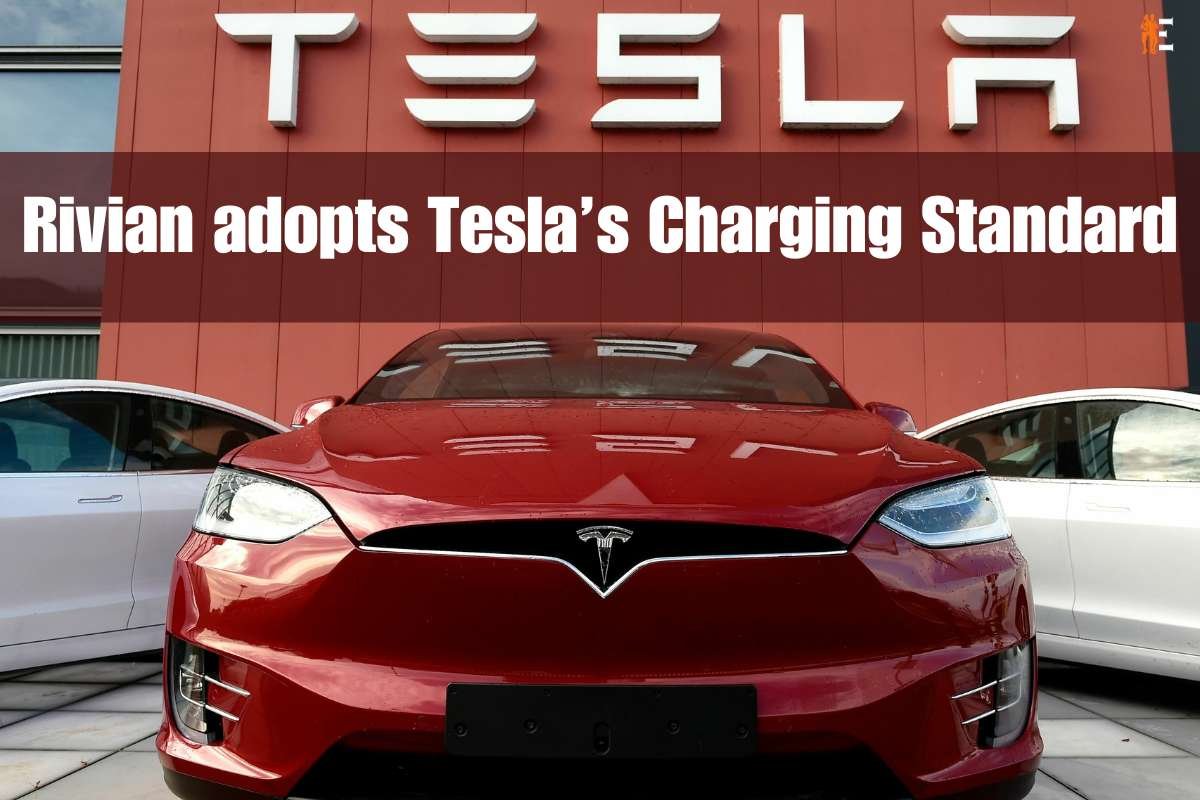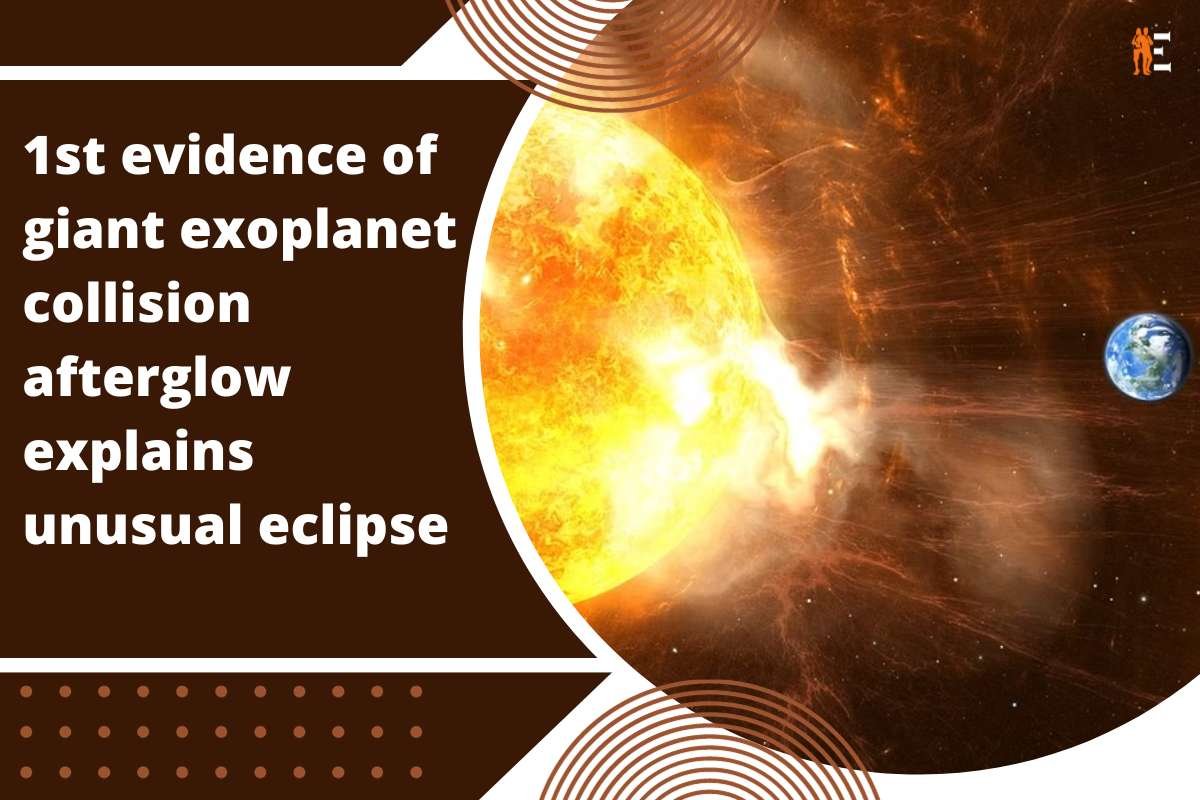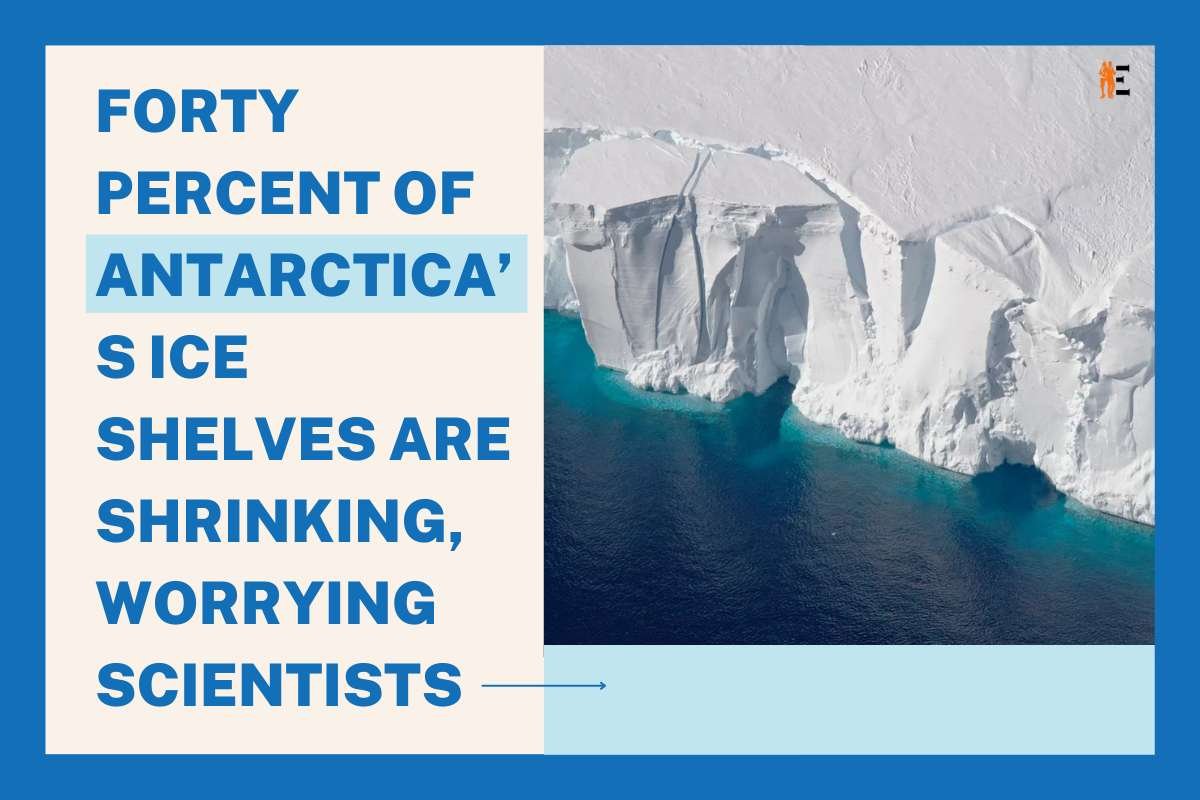For its upcoming array of automobiles, Rivian declared it will use Tesla’s electric vehicle charging standard. The agreement moves Tesla one step closer to becoming the de facto EV charging standard in the US by giving Rivian owners access to thousands of Tesla Supercharger stations around the nation.
Beginning in 2024, Rivian will provide its clients with adapters so they may utilise Tesla Supercharger stations, which employ plugs and outlets that adhere to the North American Charging Standard (NACS) of the firm. Additionally, starting in 2025, Rivian will stop using adapters by manufacturing its R1T pickup trucks and R1S SUVs with a Tesla charging connector.
Simplifying EV Ownership
By providing more options for fast charging your Rivian vehicle, this collaboration “simplifies the ownership of electric vehicles and supports our shared mission to decarbonize transportation,” Rivian wrote in an email to clients.
Elon Musk’s company has a distinct advantage over the established charging standard, CCS, also known as the Combined Charging Standard, thanks to the Rivian news, which comes after comparable declarations from Ford and General Motors about adopting Tesla’s NACS. The majority of EV manufacturers in North America have adopted CCS as the accepted standard for DC rapid charging.
According to Rivian, the agreement won’t have an impact on its ambition to erect 3,500 fast chargers at 600 locations over the coming few years. With the slower Level 2 chargers included, the company’s Adventure Network calls for the construction of more than 10,000 charging stations.
Many people agree that Tesla’s Supercharger network is better to many third-party EV charging stations, the majority of which have CCS connectors and the less popular CHAdeMO charging standard. 12,000 of the 45,000 Superchargers, according to the firm, are in the US. Tesla runs roughly 2,000 DC fast charging stations and nearly 5,000 Level 2 chargers in the US, according to the Department of Energy.
EV maker Rivian to adopt Tesla’s charging standard
‘Almost’ Flawless Superchargers
Additionally, Tesla claims that its Superchargers are almost flawless in their reliability, whereas other EV charging stations deal with software bugs and defective chargers. According to the firm, the average uptime of Supercharger locations in 2018 was 99.95%, a slight decrease from 99.96% in 2021.
Tesla Superchargers were formerly only available to Tesla owners, but that started to alter a few years ago when the business began granting access to non-Tesla EVs. As a condition for accessing some of the $7.5 billion for EV charging in the Bipartisan Infrastructure Law, the Biden administration said earlier this year that Tesla would start to do the same in the US.
Tesla Superchargers in the US, as opposed to Europe, employ a proprietary connector; this was the company’s “competitive moat,” or the feature that initially provided security against rival automakers. The business added a gadget called the “Magic Dock,” in which a CCS converter is connected to the connector, to permit non-Tesla vehicles to use the chargers.











